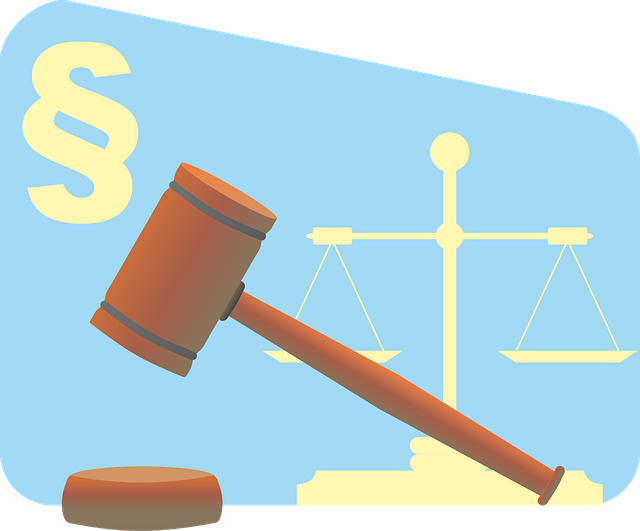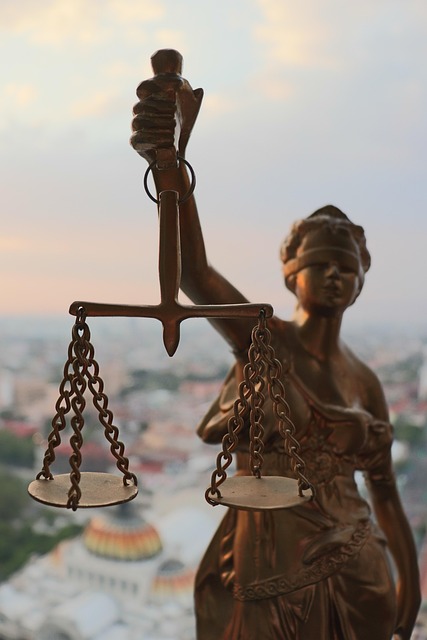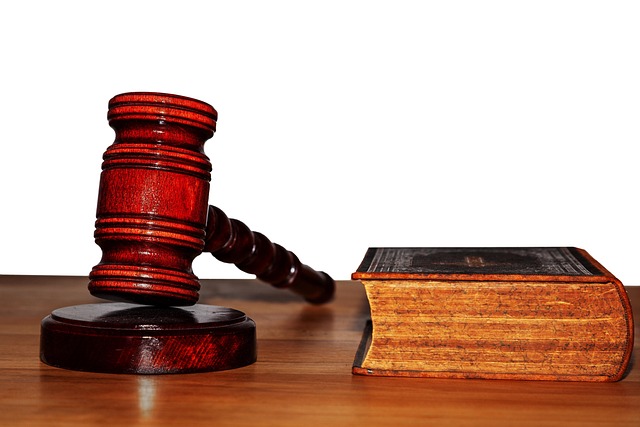Voir dire is essential in both securities class actions and criminal trials for selecting fair juries. It filters biases related to white-collar crimes, ensuring impartial decision-making based on evidence. In complex financial cases, strategic questioning during voir dire is crucial for understanding jurors' biases and securing a balanced jury, impacting favorable outcomes.
Securities class actions, a powerful tool against corporate fraud, hinge critically on fair and impartial juror selection. This comprehensive guide explores the core principles of voir dire, its vital role in ensuring justice in complex financial litigation. We delve into key procedures, address challenges, and analyze the profound impact of effective voir dire on outcomes, particularly in securities fraud cases. Understanding this process is essential for navigating the intricacies of criminal trials, highlighting the importance of Voir Dire in achieving impartiality and justice.
- Understanding Securities Class Actions: A Comprehensive Overview
- Role of Voir Dire in Ensuring Fair Trials for Accused
- Key Principles and Procedures of Effective Voir Dire
- Challenges and Strategies in Selecting Jurors for Complex Cases
- Impact of Voir Dire on Outcomes of Securities Fraud Litigations
Understanding Securities Class Actions: A Comprehensive Overview

Securities Class Actions require a deep understanding of complex legal processes to ensure justice for investors. At their core, these actions involve groups of investors joining forces to hold accountable parties responsible for securities fraud or violations of federal and state laws. This collective approach leverages resources and expertise, enhancing the potential for substantial financial recoveries.
A pivotal aspect of these cases is the role of voir dire in criminal trials. Voir dire, an essential pre-trial procedure, allows judges to carefully select impartial jurors who can make unbiased decisions based on the presented evidence. In the context of securities fraud, this process becomes even more critical as it helps filter potential biases related to white collar and economic crimes. By ensuring a fair and impartial jury, voir dire strengthens the integrity of the entire investigative and enforcement process, ultimately fostering trust within philanthropic and political communities.
Role of Voir Dire in Ensuring Fair Trials for Accused

Voir dire plays a pivotal role in ensuring fair trials for accused individuals in securities class actions and criminal cases alike. This process involves meticulous questioning of potential jurors to assess their impartiality, biases, and qualifications to serve on a jury. The importance of voir dire cannot be overstated; it is a critical step in the selection of an unbiased and competent jury, which can significantly impact the outcome of a trial.
During voir dire, attorneys from both sides scrutinize each potential juror to uncover any preconceived notions, personal experiences, or connections that might influence their decision-making. By carefully examining these factors, lawyers aim to avoid challenging indictment and foster an environment conducive to winning challenging defense verdicts. The respective business interests of the accused and the plaintiffs are best protected when jurors can set aside biases and render decisions solely based on the evidence presented in court.
Key Principles and Procedures of Effective Voir Dire

Voir dire plays a pivotal role in ensuring fairness and accuracy in criminal trials, particularly when dealing with complex cases involving white-collar and economic crimes. This process, which translates to “to speak the truth,” is an essential component of the jury selection procedure, allowing judges and attorneys to uncover potential biases or prejudices among prospective jurors. By delving into the background, experiences, and beliefs of each juror, voir dire enables the removal of individuals who may not be able to render an impartial verdict.
The key principles of effective voir dire involve careful questioning, active listening, and a nuanced understanding of the case’s nuances. Attorneys must inquire about specific issues relevant to the crime at hand, exploring potential connections to corporate or individual clients. This process is crucial for gauging how each juror might react to evidence and arguments presented during the trial, especially in cases that span multiple stages of the investigative and enforcement process. Through strategic questioning, attorneys can identify and dismiss jurors who may introduce undue influences or have preconceived notions, thereby ensuring a more balanced and just outcome.
Challenges and Strategies in Selecting Jurors for Complex Cases

Selecting jurors for complex cases like securities class actions presents unique challenges. These include understanding the nuances of often intricate financial matters and gauging potential biases toward legal concepts, such as white collar and economic crimes. In high-stakes cases where millions are at stake, the respective business interests and personal views of jurors can significantly impact the outcome.
Effective strategies are crucial to overcome these challenges. Thorough voir dire proceedings play a pivotal role in this process. By delving into potential biases, financial literacy, and ability to comprehend complex legal arguments, attorneys can ensure a fair and impartial jury. This is especially important given the technical nature of securities litigation, where jurors must grasp intricate financial concepts and evidence. A skilled attorney’s ability to navigate these complexities during voir dire can make all the difference in securing a successful outcome for their clients in these high-profile, white collar cases.
Impact of Voir Dire on Outcomes of Securities Fraud Litigations

Voir dire, a crucial aspect of criminal trials, plays an equally significant role in shaping the outcomes of securities fraud litigations. This process allows judges to carefully select a fair and impartial jury, ensuring that both parties have a chance to voice their concerns and challenges. In the context of white-collar and economic crimes, where complex financial schemes are at play, effective voir dire becomes a game-changer.
By employing strategic questioning techniques, attorneys can uncover potential biases or pre-dispositions among prospective jurors. This is particularly vital in securing winning challenging defense verdicts, as it helps to identify individuals who might be sympathetic to the plaintiff’s cause due to personal financial experiences or prior knowledge of similar cases. Through meticulous voir dire, defense teams can construct a jury that understands the intricacies of securities law and is capable of objectively evaluating the evidence presented, thereby increasing the likelihood of a favorable outcome in these complex legal battles.
The intricate process of selecting jurors, known as voir dire, plays a pivotal role in securing fair trials, especially in complex securities class action cases. By delving into this process, we uncover its significance in uncovering the truth and achieving justice. Effective voir dire ensures that jurors can navigate the nuanced aspects of financial litigation, considering the impact on investors while upholding procedural integrity. This article has highlighted the key principles, challenges, and strategies surrounding voir dire, emphasizing its importance in managing complex cases and ultimately shaping their outcomes, particularly in the realm of securities fraud.






